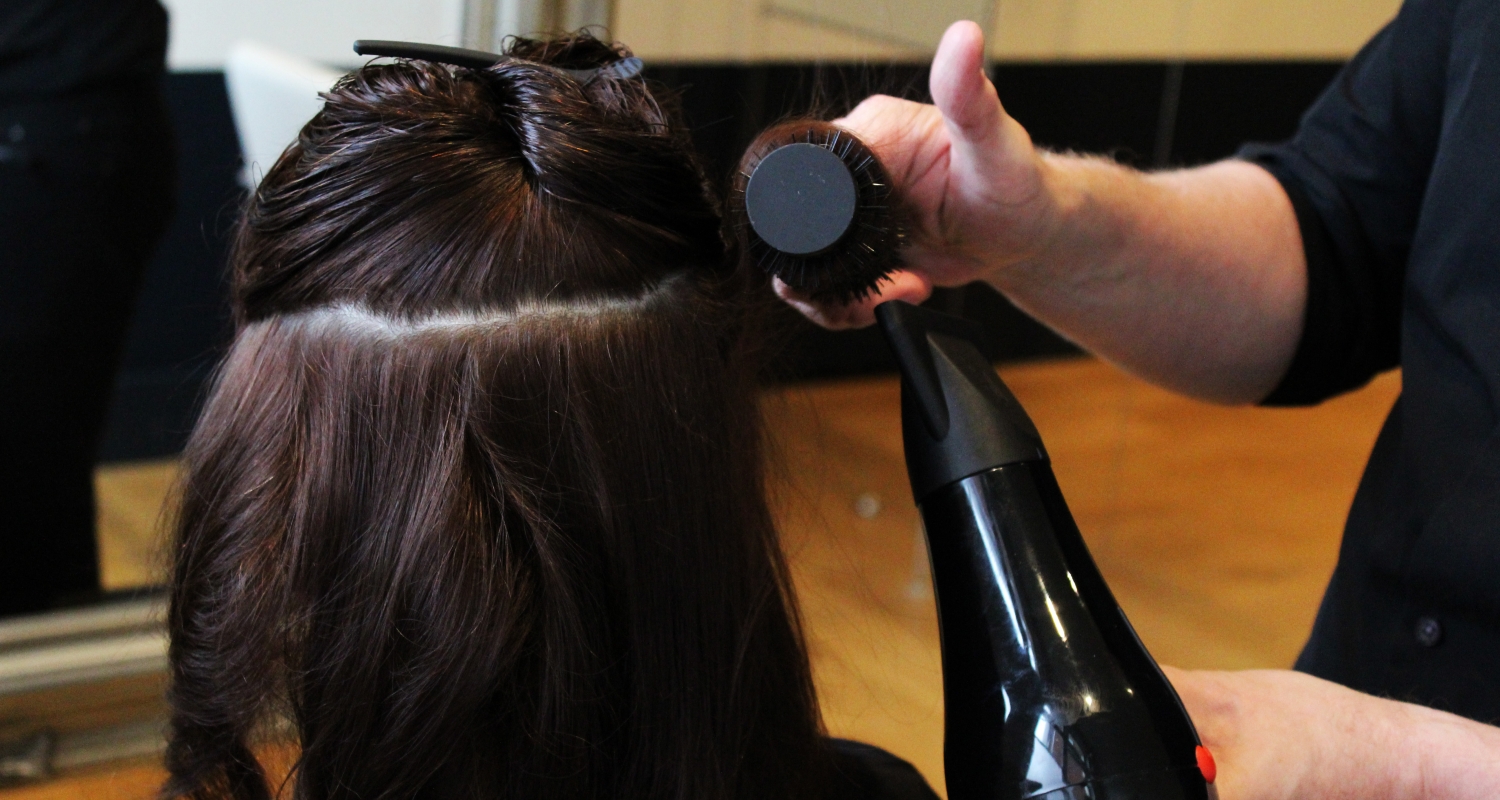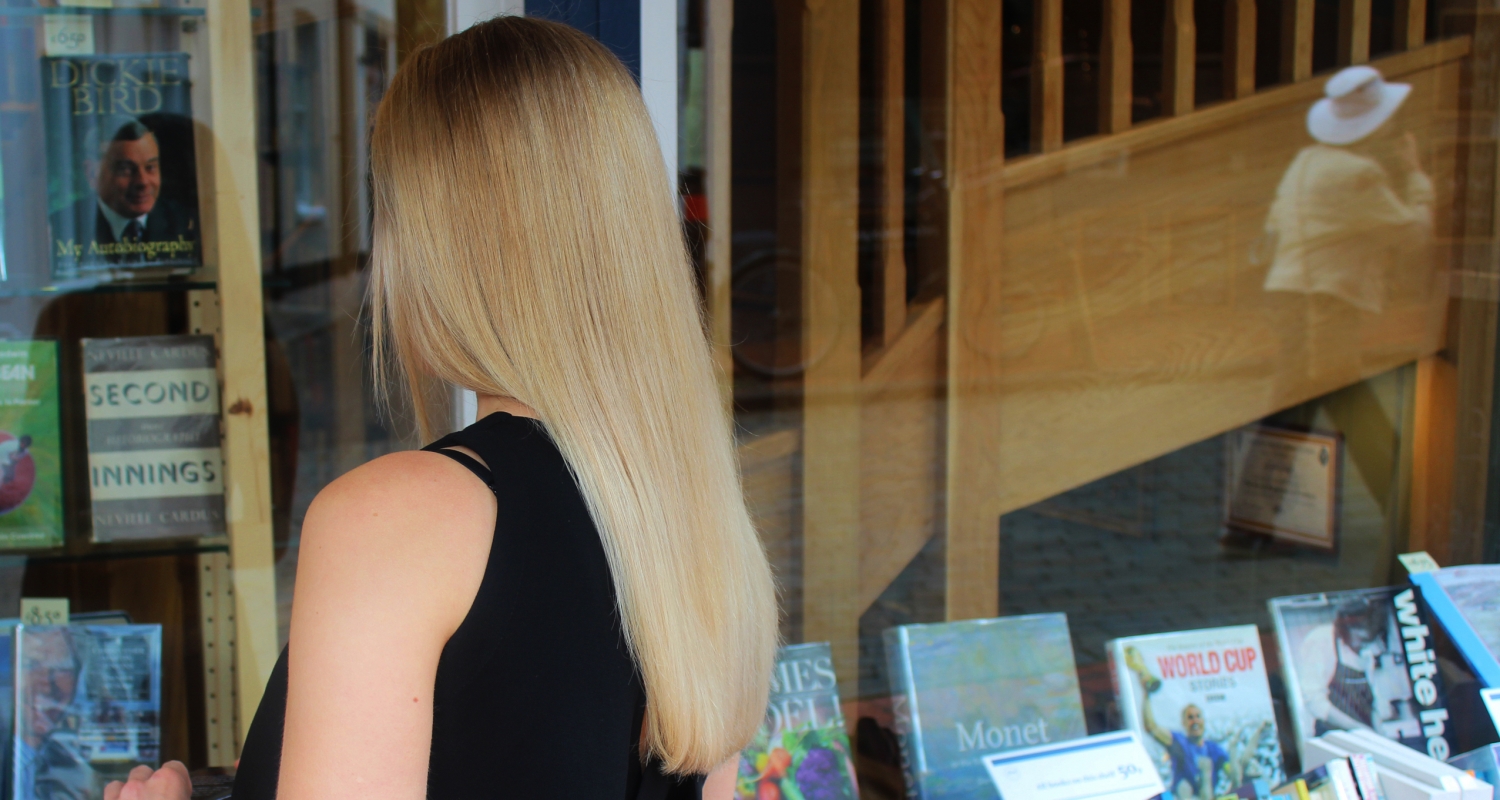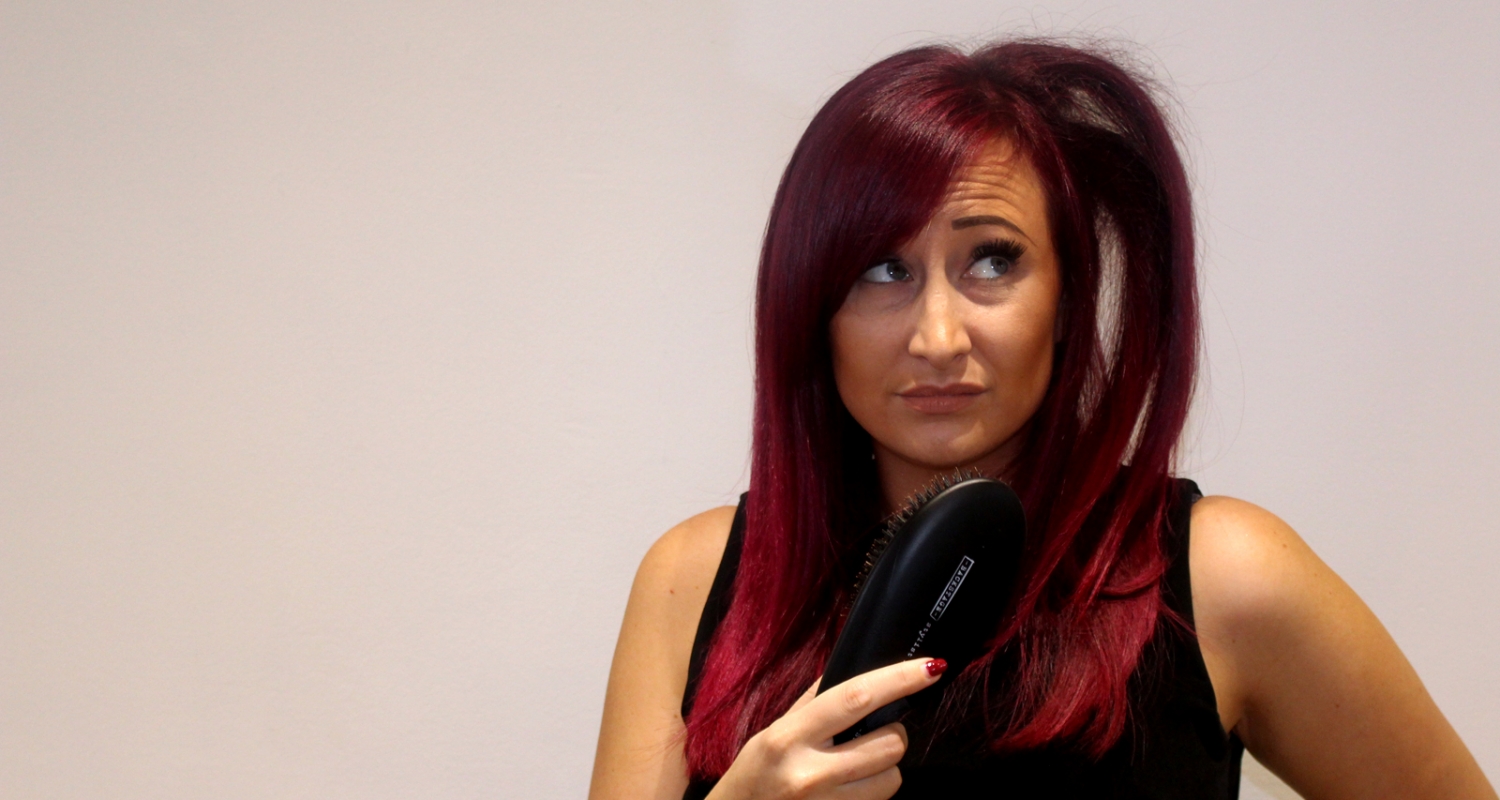
How often should I wash my hair? What really happens to your hair and how to avoid greasiness
05 Aug 2016
It’s easy to get yourself in a lather about how often you should be washing your hair. With so much conflicting advice, guidance for different hair types, and along your daily routine and lifestyle to consider, this seemingly simple topic becomes all the more complicated. Despite what many may say there are not any set rules: our advice is to tailor your hair care routine to specifically suit you, perhaps gaining expert advice to ensure you have great looking, healthy hair. So here is The Chapel’s guide to washing hair, to help you discover the perfect routine to fit in with your lifestyle and make you feel gorgeous everyday.
What happens to my hair when I wash it?
The oil sebaceous glands on your scalp produce natural oil called sebum, this helps keep hair moisturised and prevents it from becoming dry and brittle. Your hair washing routine affects the amount of sebum your glands produce, changing its ‘natural’ state and regular way of working. Despite many of us feeling like we need to wash our hair everyday to feel ‘clean’ this can infact increase the amount oil produced, encouraging the glands to become overactive to constantly renourish oils lost in the shampooing process. Shampoo works as an emulsifier to capture dirt, and product residue, which is then rinsed from the hair. It can however strip hair of the natural oil produced: making frequent shampooing a potentially damaging process for your hair.
Tailor to your hair type
Hair type is a very important factor to consider when working out your hair washing routine. Those with curly hair may find shampooing too frequently can strip hair of essential oils, causing dryness and frizzy curls. Fine-haired ladies can find their locks need washing more regularly, as they have more oil glands on their scalp and less thick hair to absorb it. Look for a shampoo that promises to volumize as this will dry the hair slightly, when combined with a light conditioner this can help achieve hair that looks full and bouncy. If you have thick, unruly hair, you may find you struggle with styling, but invest in a blow dry at your salon to extend your hair wash for up to a week! Should your hair be of medium texture, and you tend not to heat style or use many products in your routine, you can skip the shampoo for up to three to four days. Of course, this is dependent on the environment around you, particularly if you get caught in a heavy rain downpour but generally, the longer you leave hair, the more it naturally adjusts to producing the amount of oil required without becoming greasy.
Consider your lifestyle
Lifestyle can affect your shampoo routine, and if you regularly exercise you may find you need to wash hair more often to avoid it looking lank and greasy. However, try and alternate with using a dry shampoo in between gym days to avoid stripping oils that keep your hair looking healthy. If you find your hair tends to get greasy overnight, spray some dry shampoo through and tie into a low ponytail before bed, and look to updos and accessories to try and get that extra day out of your hair before you wash. If you love to swim, don’t forget that you’ll need to get rid of the chlorine that hair may absorb. Look out for shampoos that have aloe and Vitamin E to give added moisture, as pool chemicals can often dry hair out and leave it looking straw like in texture.
For those with coloured hair, be careful of over washing as this will fade brighter shades, particularly red tones. Use specialist products to preserve your colour, washing as minimally as possible to retain dye particles within the hair follicle. Perhaps you have have hair extensions? This may mean your shampoo routine may be a little more time consuming. Make sure your shampoo is silicone free and that when shampooing you use vertical sweeping motions rather than horizontal to avoid tangling and breakage.
Product perfection
Make sure the temperature of water is lukewarm when rinsing, water that is too hot will lift the outside cuticle layer causing colour to fade. Shampoos that contain citric acid will help restore and bring back shine to coloured hair that has become dull. If you can, avoid any shampoos that contain sodium lauryl sulphate, or sodium laureth sulphate, as these are stripping agents. Go for a natural, high quality shampoo to ensure your hair stays moisturised and full of shine. Investing in quality products is essential, providing premium protection for your hair against the stresses and strains of the outside world.
It’s also important to consider additional products you use, such as styling sprays and mousses. Whilst these can give you the finished style you want, a sea salt spray can leave residue in the hair that will require washing. Try using a cleansing shampoo twice a week if you use a lot of products when styling, this will help restore the balance of hair and bring back a natural bounce.
Finding a hair washing routine is simple with the right considerations, it just takes a little time and patience with your hair adapting to being washed less frequently. If you are still unsure on the best route for your hair, get in touch with one of our expert stylists who would be more than happy to help.



